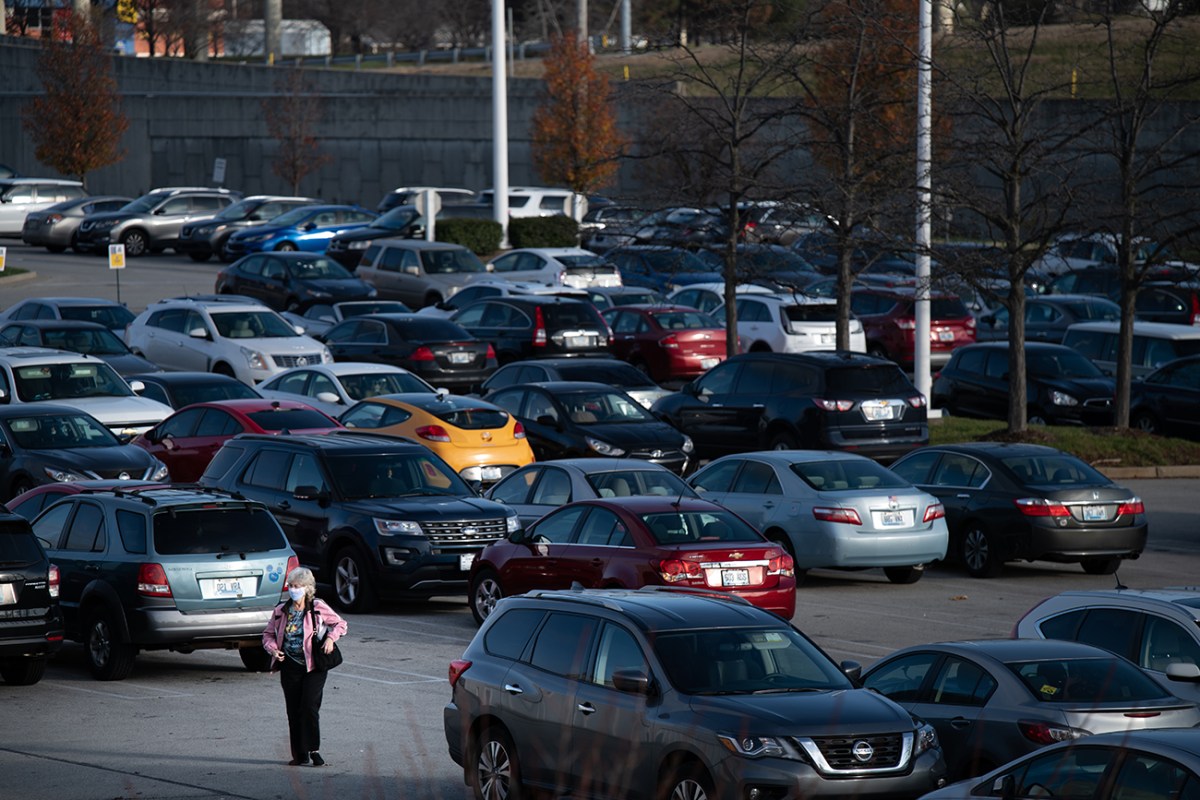
NHTSA to Probe 30 Million Cars, Airbag Recall Could Result
An airbag recall is the last thing that car manufacturers want to deal with right now. Considering the current struggles many automakers face due to the global microchip shortage, a massive recall can be highly detrimental. Yet, such measures are essential for the sake of car safety.
Besides seatbelts, airbags are one of the primary safety devices in a vehicle meant to protect passengers in the event of a crash. A faulty airbag can cause serious injury or even death if it fails to deploy or deploys incorrectly. If there is even a slight possibility that an airbag might not work in a vehicle, the vehicle owner needs to know about it ASAP.
How do airbags work?

The purpose of an airbag is to slow a person’s momentum as fast as possible in the event of a crash. When the sensors detect a collision, the airbags are supposed to deploy to protect passengers in the event of a front or side-impact collision.
An airbag is made from a thin but strong cloth (nylon) and most modern cars have several airbags. They can be contained within the steering wheel, dashboard, interior side pillars, and seats.
According to How Stuff Works, crash sensors will send a signal to an airbag inflator during a collision. The inflator then combines two chemicals that instantly react and create a rapid expansion of nitrogen gas which inflates the bag.
When a manufacturer faces an airbag recall, it generally means that an issue is found with one of the airbag components that require an immediate fix to many vehicles.
Takata airbag recall

Automotive manufacturers generally source certain parts from suppliers rather than manufacturer those components in-house. Takata is one of the world’s largest suppliers of airbags serving manufacturers like Honda. In 2008 Honda faced the first major airbag recall due to malfunctioning airbag units sourced from Takata.
The recall happened because of an accident in which a Takaka-made airbag completely exploded and ejected metal fragments that killed a passenger. At first, the recall only targeted 2001 Honda Civics and Accords, but eventually, it spread to other models from other manufacturers.
NHTSA launches probe into 30 million vehicles over airbag inflators

According to a report from Reuters, the National Highway Traffic Safety Administration (NHTSA) will be launching a probe into 30 million U.S. vehicles from almost 24 different automakers that were manufactured between 2001 and 2019. Reuters learned of this probe from seeing documents from the NHTSA. The government agency believes the vehicles that are the focus of the probe have “potentially defective” airbag inflators manufactured by Takata.
The investigation includes vehicles manufactured by Honda, Ford, Toyota, General Motors, Nissan, Subaru, Tesla Motors, Ferrari, Mazda, Daimler AG, BMW, Chrysler, Porsche, Land Rover Jaguar, and more.
The automakers involved were alerted on Friday, September 17th, ahead of a public announcement about the probe, which the NHTSA is referring to as an “engineering analysis.”
So far, the automakers involved have either declined to comment or did not immediately comment after request. The NHTSA did not immediately comment either.
Another massive Takata airbag recall could arise depending on the results of this probe. If you own a vehicle from any of the manufacturers mentioned in this article, we recommend keeping an eye out for any possible communication from them in the event of another airbag recall.


